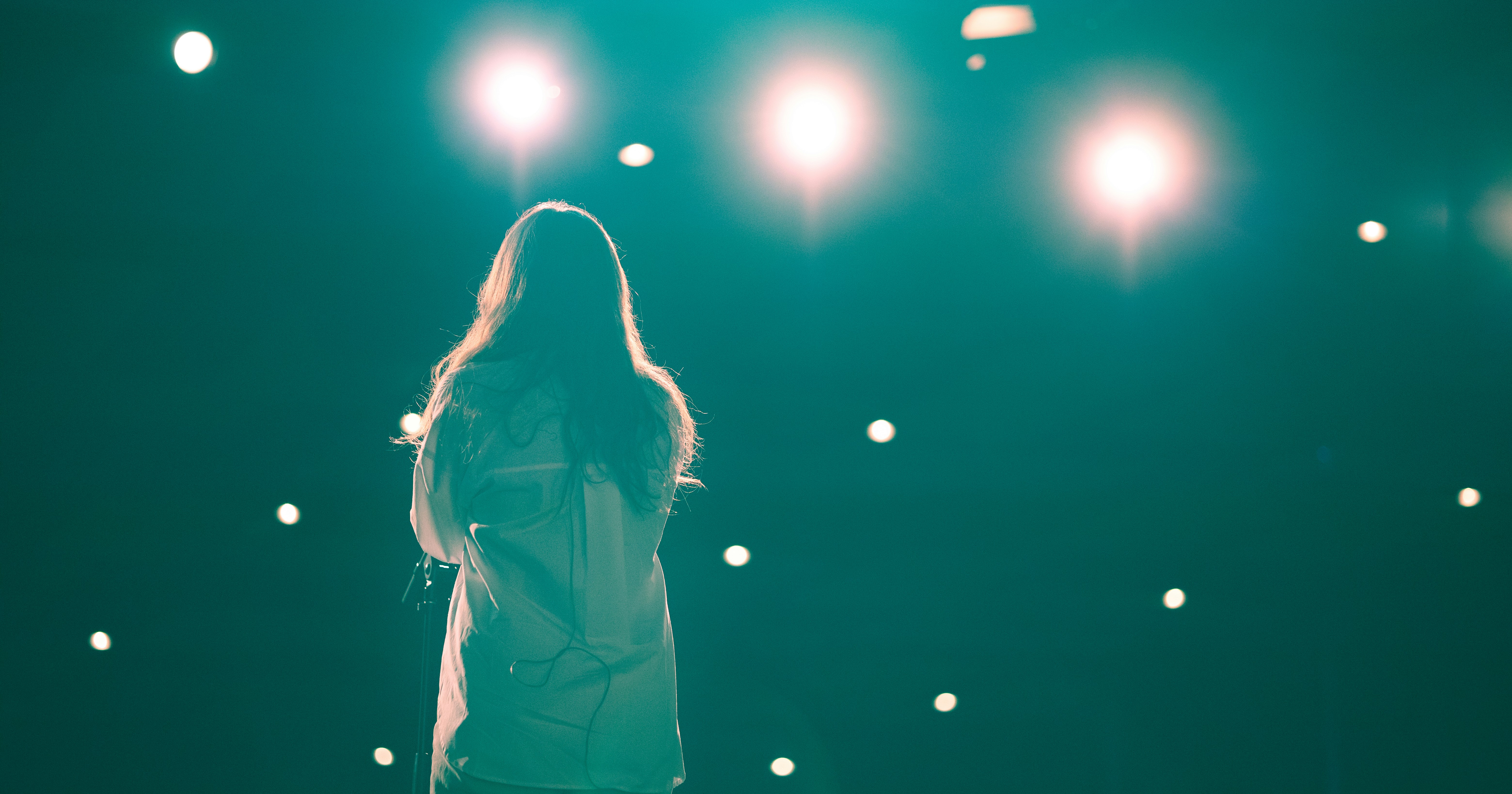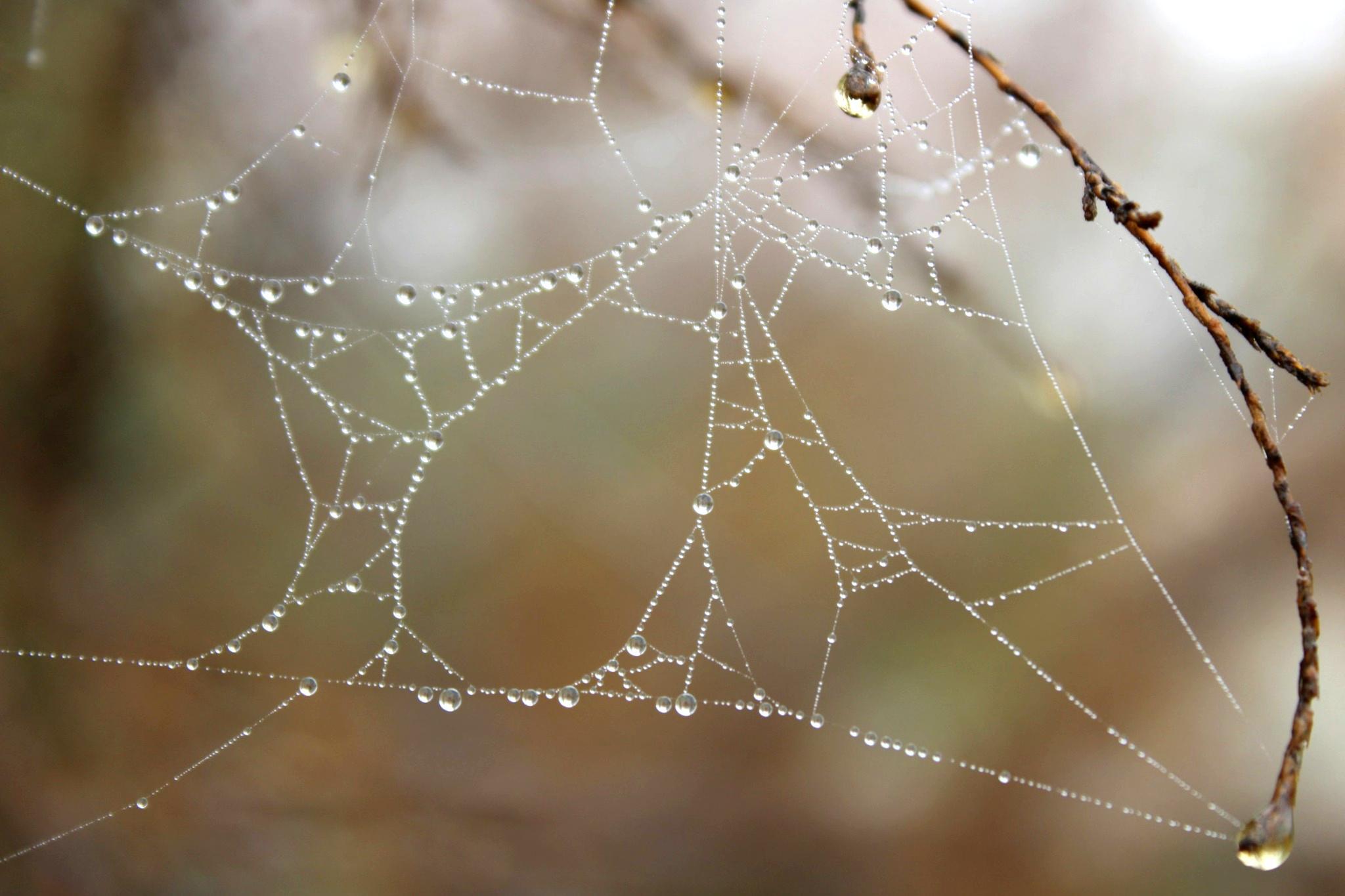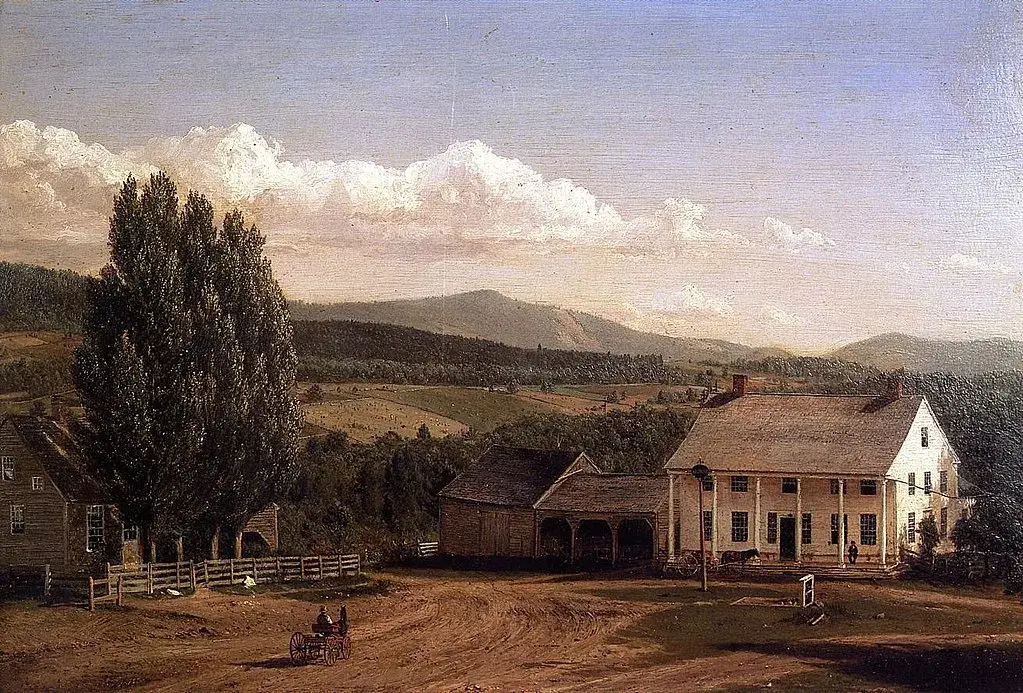I am a widow, and even after more than twenty years, I find myself drawn to other widows who suddenly find themselves navigating those early days of loss. I can empathize with them in a way that feels almost instinctive, and I often see what is happening beneath the composure or the public mask. Widows understand one another in a way that transcends circumstance. The details may vary, but the shape of the experience is the same.
Lately, a high-profile widow has been at the center of a storm as people scrutinize how she is grieving. I’ve seen the accusations fly across social media: that her tears must be fake, that she’s too composed to have truly loved him, that stepping into his work so quickly is suspicious, that she must have ulterior motives, and even the ugliest insinuation of all — that she’s circling around someone else’s husband. None of it surprises me, because public grief seems to invite a certain kind of cruelty, especially toward women, but it still makes my stomach turn.
I should be clear that this isn’t about politics, agreement, or alignment. Her husband’s name alone carries enough weight to split a room in half, and mentioning her at all can make people assume you’re taking a side. I’m not. I’m setting all of that aside because grief doesn’t care who someone voted for, and loss doesn’t sort itself into red or blue. I’m watching her through the only lens that matters here — the human one — because I remember what it feels like when your world collapses and strangers still feel entitled to judge the way you hold yourself together.
What people often miss is that widows in the public eye don’t have the luxury of unraveling. There is an unspoken expectation that we remain composed, speak clearly, carry the mission, and show “strength.” And when the world is watching — whether that’s a national audience or a passionate niche community — the pressure to keep that mask in place only grows heavier. It becomes instinctive to straighten your spine, dry your face, and step into whatever role your husband left behind, because the alternative feels like dropping a responsibility that mattered to him. And because those early days are filled with shock more than anything else, keeping that mask firmly in place feels strangely easier than facing the silence that waits behind it.
I know that pattern well because I lived it. Long before he died, his work had become the rhythm of our daily life. My husband didn’t have a household name, but in his world — a tightly knit, opinionated, highly engaged community — he had a real public presence. He wrote, he taught, he spoke, he debated, he built relationships, and he built a reputation. When he walked into a room within that community, people knew him. When he published something, people paid attention. And when he died, the Minneapolis newspaper ran a separate article about him — not the paid obituary, but an actual story — because his work had touched enough people to make his loss newsworthy.
I wasn’t just watching that world from the sidelines; I was part of it. I supported him, worked alongside him, and handled the behind-the-scenes details that kept his mission moving. His purpose shaped our schedule, our conversations, our priorities, and our friendships. I believed in him and in what he was trying to accomplish. At the time, I thought it was my passion too. When you love someone that deeply and live inside the same orbit, the line between their identity and yours can blur without you noticing.
So when he died, stepping into that space didn’t feel like a choice. It felt like momentum. People relied on his work. The mission mattered. There were commitments on the calendar, conversations underway, expectations from a community that respected him. And continuing it — even temporarily — felt like honoring him. I didn’t pause to ask whether it was mine to carry. I simply moved in the direction he had been going, because stopping felt like dropping something important that he cared about. At the time, I believed that carrying it forward was a form of love.
If you haven’t lived in a world that revolves around work, mission, and community responsibility, it may be difficult to understand how pervasive that sense of duty becomes. In our case, it defined everything. The night he died, I found him when I went to wake him for a class he was scheduled to teach the next morning. The Minnesota legislature had been debating a passion project of his, and demand for education and training was at an all-time high. He had a full class registered. People were counting on him.
In those first seconds after finding him, shock took over, and yet my mind moved with a strange clarity. Between calling 911 and before the paramedics arrived, I made another call — to one of his instructors and closest friends — to make sure someone showed up to teach that class. I cannot imagine what it was like to receive that call, and I have no memory of what I said, only that duty rose up before grief had a chance to take shape. First take care of him. Then take care of what he loved. The order felt automatic, almost instinctual, and it would take me many months to understand that this was not strength; it was shock wrapped in responsibility.
When my husband died, some of my most immediate and instinctive support came from the men who had been closest to him: other instructors, radio colleagues, friends he trusted with everything from deep debates to offhand jokes. Their wives stepped in too, welcoming me with quiet understanding, but the men were the ones who knew his world, his voice, his mission, and the exact shape of what was missing. It made sense to lean on them, because they were the ones who could step into the vacuum his absence left.
They protected me and my son as if we were part of their families. They helped with logistics, safety, decisions, and even emotional grounding, though men express that differently. They understood the mission, the momentum, the culture of the work he had built — so burying ourselves in it together felt natural. We were all grieving him in our own ways, and their instinct was action: show up, keep the wheels turning, hold the line for him. Mine was similar, though shaped by shock and purpose rather than stoicism.
It was one of those close friends—the one I called after I called 911—who found the letter Darrell had written to be given to me after he was gone, and quietly made sure I received it.
And I will never forget how surreal the early days felt. The week after he died, we went ahead with his regular radio time slot and turned it into a memorial show. Radio had been his other world, and the community that mourned him was large and deeply loyal. One of his oldest radio friends called into the show that day. His cadence, humor, timing, even the lilt in his voice were so much like my husband’s that for a moment — just a moment — I forgot. When we finished talking, the words “I love you” slipped out of my mouth before I realized who I was speaking to.
It wasn’t romantic. It wasn’t inappropriate. It was muscle memory — the voice, the banter, the rhythm of a relationship I had lost only days earlier. I was mortified, of course, but he understood immediately. There was no judgment, no assumption, no rumor. Just compassion for a young widow whose instincts were still wired to a man who wasn’t there anymore.
And that is why I bristle when I see the criticism aimed at another widow today — especially the insinuations of romantic entanglements or ulterior motives simply because she is surrounded by men her husband trusted. I didn’t face that kind of speculation, at least not that I ever heard, but I easily could have. From the outside, people forget how deeply a widow craves connection, not romance. We cling to voices, routines, and relationships that feel familiar — not because they replace him, but because they remind us that his world was real and loved and still standing, even if he wasn’t.
The public can’t see the shock. They can’t see the duty. They can’t see the fracture lines hiding beneath the polished surface. They only see the mask and assume it means you’re not grieving “correctly.” They forget that sometimes the most composed widow is the one barely staying upright — the one using work, purpose, structure, and familiarity as the only things keeping her from collapse.
So when I see a widow on a public stage holding herself steady in the midst of noise, scrutiny, and projection, I don’t see politics. I see a woman doing what widows do: surviving in the only way she can. Maybe I see her so clearly because I remember exactly what it felt like to stand where she stands. And it makes me wonder when we lost the ability to recognize the human being behind the headlines. Somewhere along the way, we became so polarized, so eager to score points or confirm our narratives, that we stopped offering even the simplest compassion to someone whose life has just been shattered. We don’t have to agree with her, or admire her, or share her beliefs to acknowledge her humanity. We just have to remember that grief is universal, and that even people we disagree with deserve empathy in the moments that break them.
Photo by Jeremy Horvatin on Unsplash



